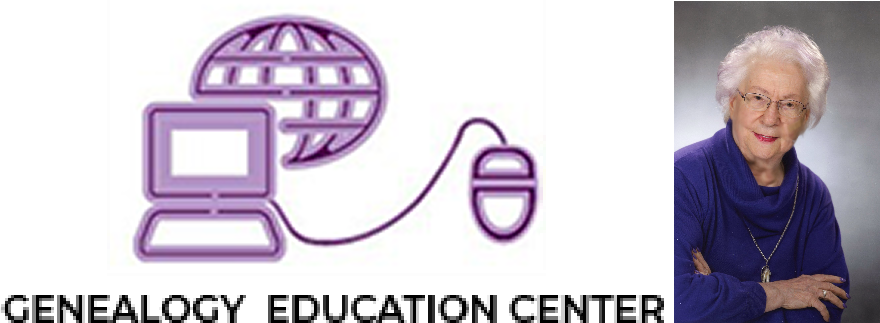Hello and welcome friends and welcome back to the blog! I am sure that in your research you have stumbled across many wonderful matriarchs. But have you ever found yourself wanting to get to know some of them better? Many of our ancestor played vital roles in early America from missionary work to suffrage. Today we will go over how to begin uncovering their stories.
The 1800’s was a time of rapid growth across the United States. Stories of settlers and their families abound, but other great resource about the time can be found in the biographies and autobiographies of Native American Women. These stories collected by Oklahoma Pioneer Papers and the Works Progress Administration detail interviews of women from tribes in Oklahoma, including recollections of such events like the Trail of Tears. A great resource for those looking for ancestors that may have been settlers and missionaries can also be found in other memoirs, journals, and even newspapers. A great way to go about locating these resources is to search out diaries, letters and other personal effects of these women that may have chronicled their life. If you cannot find any personal effects owned by your ancestor look to their neighbors, who may have kept such records and experienced events at the same time as your ancestor. Women’s colleges and associations are often great places to check for such items as they try to accumulate a varied collection of women’s stories. You may also want to personally visit special collections within the local area your ancestors lived to find uncatalogued, unpublished, or unique documents.
Another important aspect of feminine society in the United States around this time was suffrage. A hot topic since Abigail Adams plea to her husband to “remember the ladies” as he helped shape the ideals that would run the new nation. To determine whether your ancestor was a suffragist or not it may be helpful to start with family stories. You may have heard growing up that great grandma was a women’s right advocate and personal effects and scrapbooks that you or other family members own may reveal more about such a claim. Aside from that you can also go check local libraries and museums that may have documents about movements and activities of groups your ancestor may have been part of. If you would rather go straight to the movement itself, many suffrage groups also have pages and collections that chronicle their groups activities. Another great resource is the “Overviews of State Histories of Woman Suffrage” that provides links by state as well as The National Women’s History Alliance that catalogues further reading material about the time. If you are eager to search out and find suffragists in your family, but are unable to uncover any, do not be dismayed! Not all women were active or participated in the suffrage movements. They may even have valid reasons for not participating. Even if you find they were not involved, you may be able to discover what groups, life events, jobs, etc. took up their time instead.
I hope that this short post provided you with some information about what could have been an important facet in the life of your ancestor. If you are interested in learning more about the resources, techniques, and tips you can use to find your ancestors keep an eye on this blog and my webinars where I will continue to share the knowledge, I have gathered over the last 70 years of working on genealogy. If you are interested in hearing more specifically about what you could uncover about your female ancestors, please check out my webinar about this same concept, located underneath the webinar tab of this website. Any questions about a project related to this topic or general genealogy are also welcome. I am happy to help if you reach out using the above contact information located in the topmost left-hand corner of my website. Have a wonderful rest of your day and I hope as always, your family tree is ever growing! Happy researching!
“The Genealogy Granny
Winona I Laird



